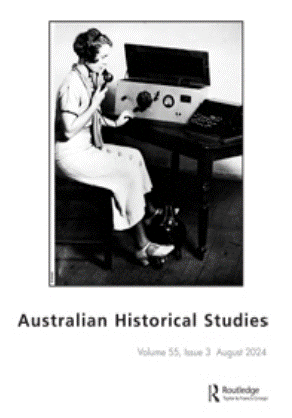
Remedies for the housewife’s nervousness: Life advice in Abraham Myerson’s popular self‐help texts, 1920–1930

news, new scholarship & more from around the world

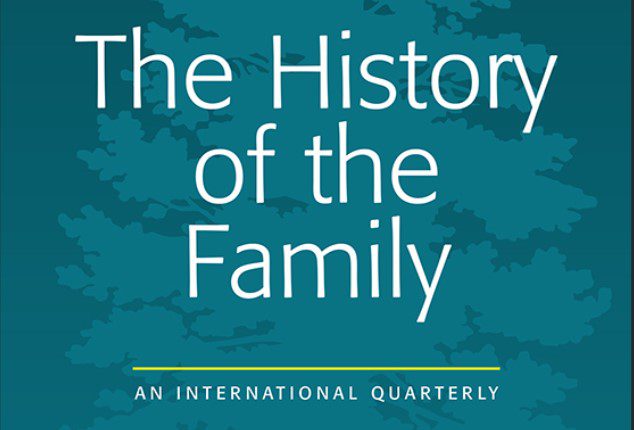
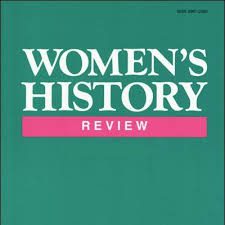
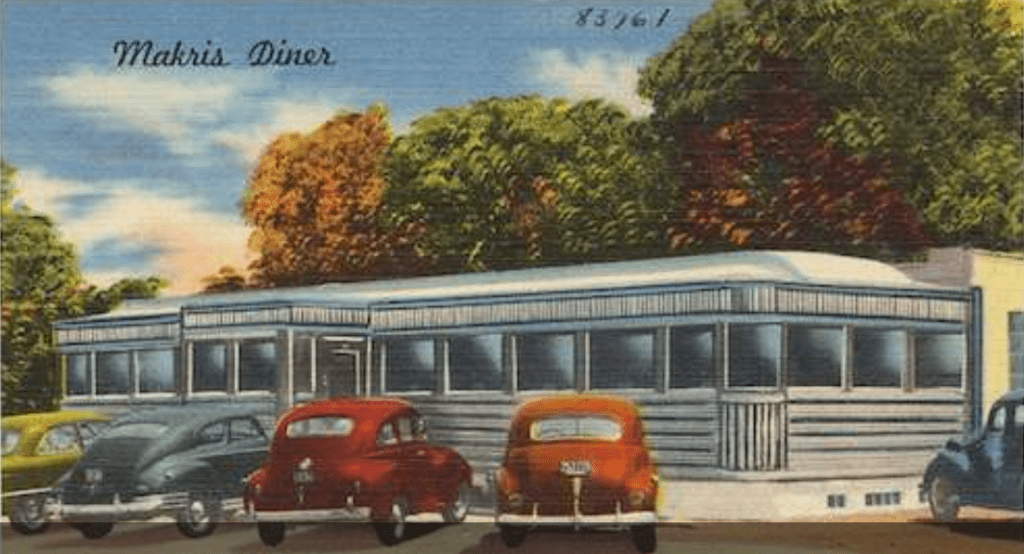
You may not find a better example of the 2,000 diners made by the Jerry O’Mahony Co. than the Makris Midtown Diner in Wethersfield, Conn. The O’Mahony company churned out diners in Elizabeth, N.J., until 1941.



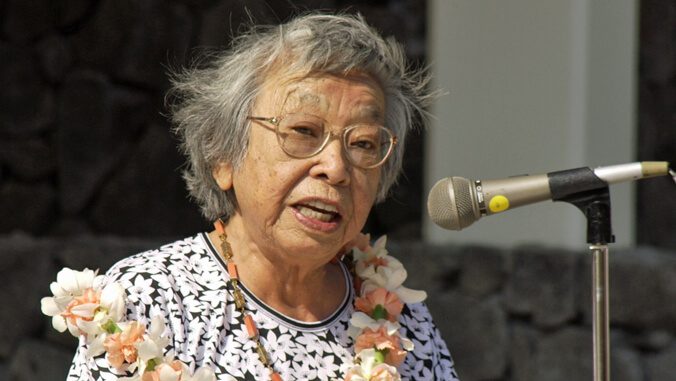



Journal of Family History, Ahead of Print.
This article examines the reasons for the underdevelopment of commercial health insurance as a family risk-sharing mechanism, from the viewpoint of traditional Chinese clan culture. Using genealogical data to create city-level indicators of clan culture, this study investigates its impact on the demand for family-oriented commercial health insurance. The results indicate a negative correlation between the intensity of clan culture and the demand for family commercial health insurance, and a smaller percentage of income allocated to health insurance premiums in areas with stronger clan culture. This crowding-out effect primarily occurs through bilateral transfer payments encouraged by mutual aid among clan members.

This article explores the emergence of cocktail culture in interwar Singapore. Mixed alcoholic drinks were consumed by British men in Singapore from at least the 1910s, including the famous “Singapore Sling.” However, it was not until the 1920s that cocktails became the drink of choice for elite men and women from Singapore’s Chinese, British, and Eurasian communities. The consumption of American popular culture and exchange with American colonists in the Philippines helped the cocktail to become a symbol of tropical modernity. At the same time, the possibilities of home entertaining were transformed by the increasing availability of American-made domestic refrigerators in Singapore from the mid-1920s. Multiethnic elites, accustomed to frequenting bars and cafés to enjoy cocktails, began to host their own cocktail parties with the help of their Chinese servants. The interwar cocktail party offered the wealthy a means to display conspicuous consumption and cosmopolitan modernity. They did so in a way that unsettled but did not overturn colonial hierarchies based on gender, race, and class.
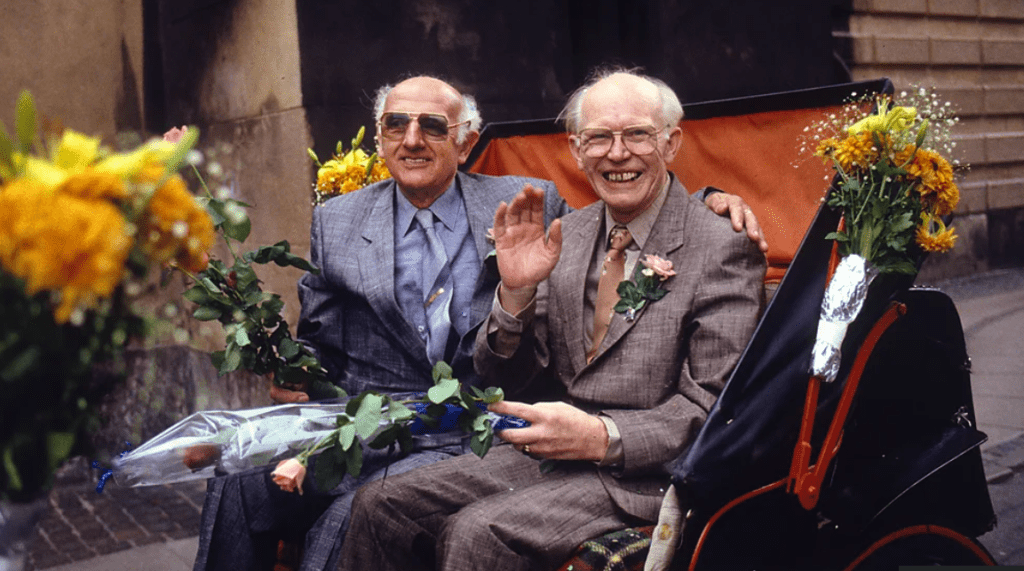
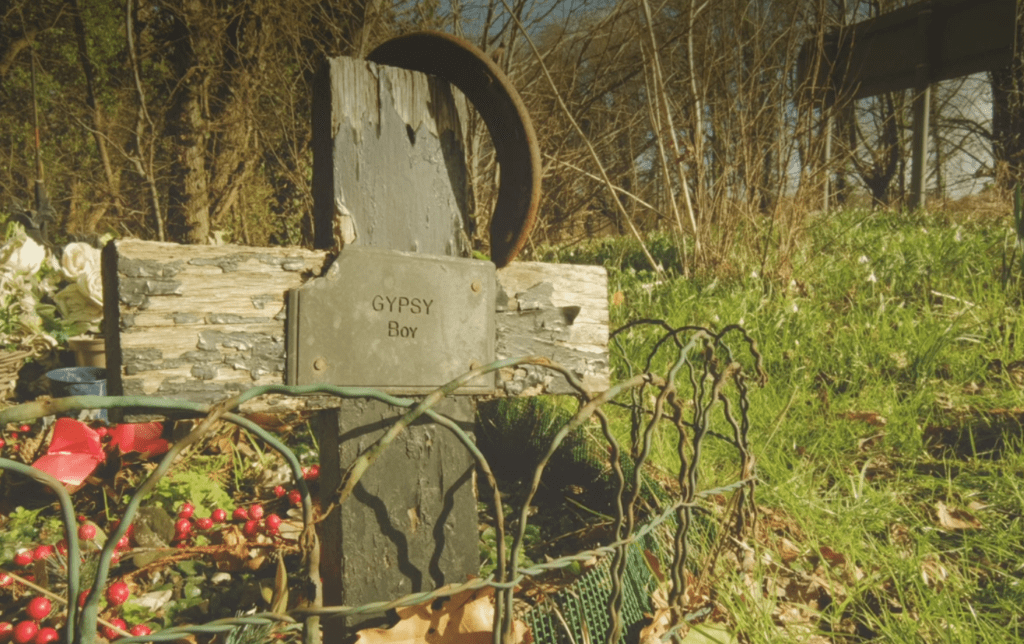
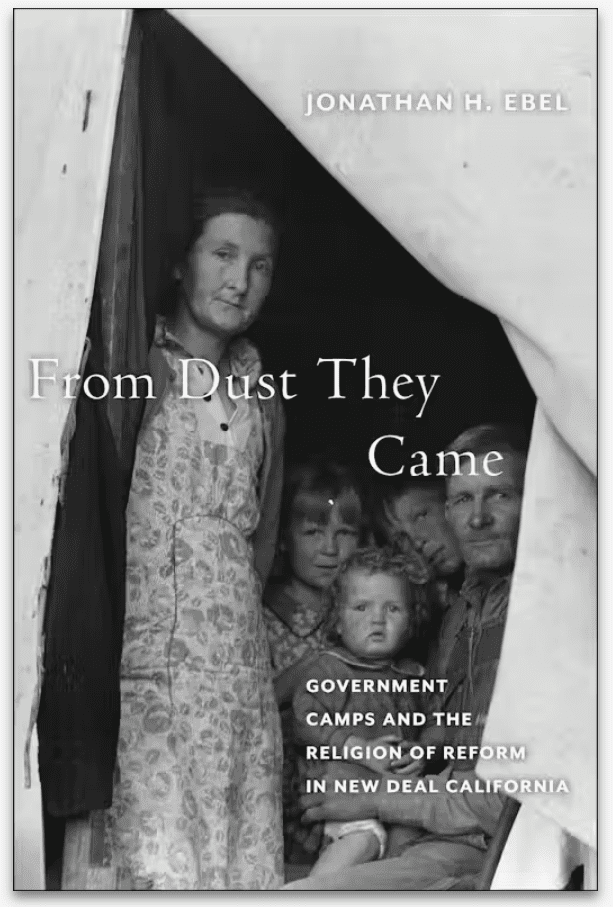




Journal of Family History, Ahead of Print.
The article focuses on how the anti-Jewish pogroms of 1919–1920 affected Jewish children through the lens of family history. It explores demographic data and factors that influenced children and families in Southern Ukraine during that period. The article attempts to reconstruct the children’s experience through their parents’ testimonies and the memories of individuals who endured the anti-Jewish pogroms during childhood. It also analyzes how the experience of the anti-Jewish pogroms has transformed in historical memory and its current influence on public opinion.

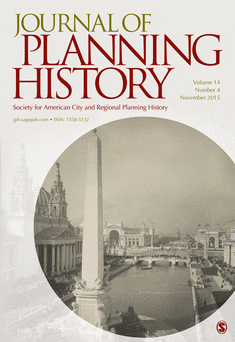
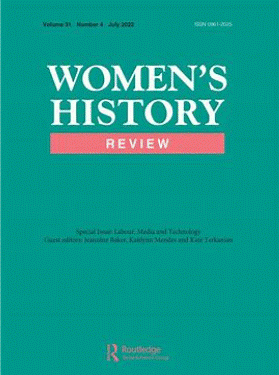
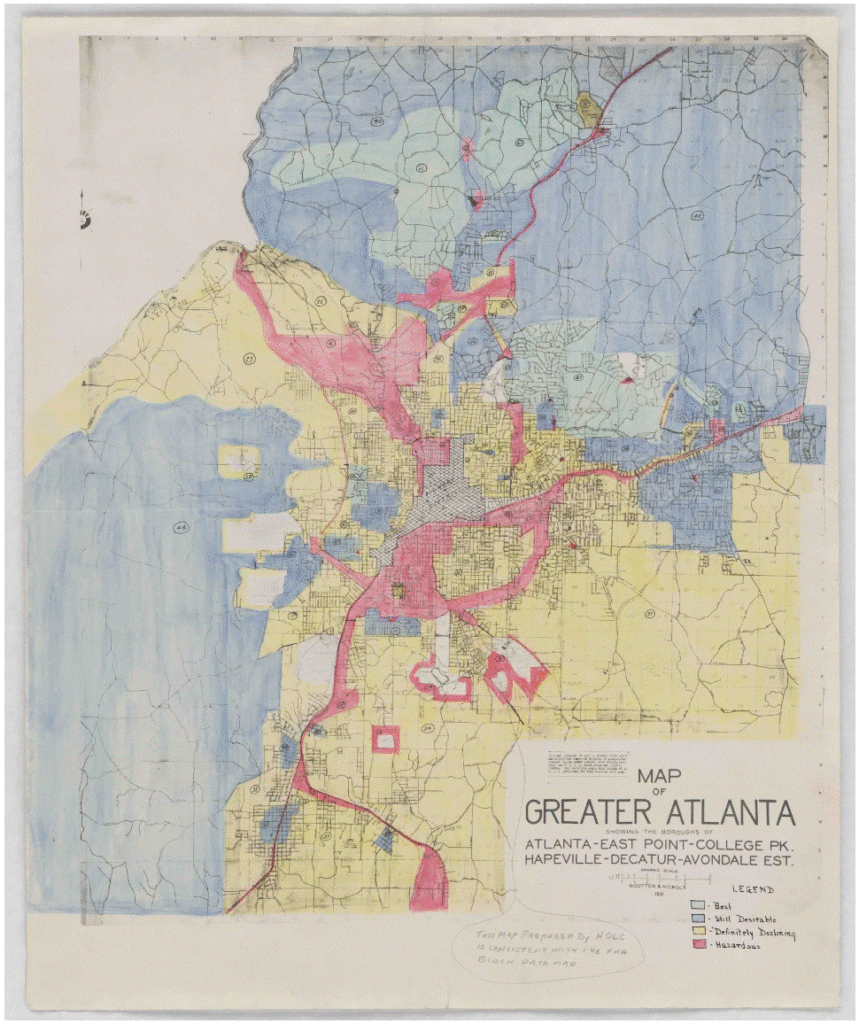
Home Owners’ Loan Corporation maps have long been blamed for racial inequities in today’s Black neighborhoods, but recent research shows that’s misleading.

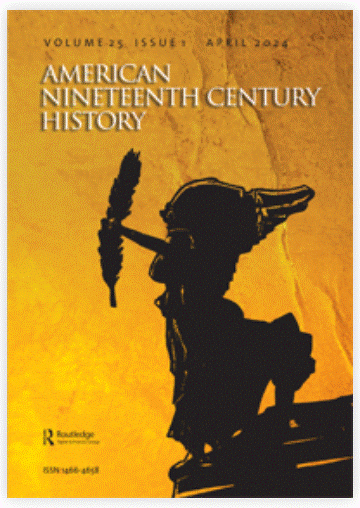

Examining a series of legal challenges by newspaper companies in the first half-century after Indian Independence (1947), this essay examines the legal boundaries and practical content of press freedom in postcolonial India. The cases, which were concerned with official regulation of page length, newsprint allocation, and customs duties, were far from obvious attempts at censorship. And yet the petitioners claimed that such regulation of form, price, and material did, in fact, violate their constitutionally guaranteed right to freedom of speech and expression. Meanwhile, the newly democratic Indian state contended that its prescriptive directives were affirmative measures intended to protect fledgling newspapers from competition with larger conglomerates—and, thus, necessary to ensure such diversity of news and opinion as fostered genuine freedom of the press. In drawing attention to more prosaic and oblique ways in which the press can be controlled, this essay highlights the complexity of defining press freedom in practice, especially in functioning democracies that not only hope to maintain that status but also retain international credibility. The legal battles point to the tension between abstract ideas of freedom and affirmative commitments to equity as it materialized in a newly independent country with tremendous diversity. Given that these cases stretch across the Emergency (1975–77)—which remains a defining event in terms of formal state censorship in postcolonial India—they also demonstrate how routine strategies of control often have a more subterranean timeline that traverses formal disruptions in state–press relations, including, in this case, the transition from colonialism to independence.

Surveillance studies often recall that Michel Foucault had identified the health crises of the plagues of the Ancien Régime as precursory moments in the establishment of modern surveillance. Episodes of civil wars are certainly another example. This study takes for object the capital of the kingdom of France at the siege of Paris, in 1589–1591, when Henry III and then Henri IV tried to reduce to their authority in the rebellious city, head of the Ultra-Catholic Ligue. This unprecedented experience of fear and generalized suspicion allows us to study how the usual mechanisms of social control are used for political ends, but also how new surveillance procedures emerge, based on the written word and a desire for rationalization. This article uses a wide range of sources, from municipal decisions to the reports of chroniclers, but relies mainly on the judicial archives of the Parlement and the Hôtel de Ville to draw up a social history as close as possible to ordinary Parisians. Taking a ground-level approach, the study is particularly interested in ordinary agents of urban control and forms of day-to-day and face-to-face surveillance. In this exceptional climate, the routine work of watching others in the neighborhood turned to political surveillance. The key actors were the Militia, whose action relied on the Parisians themselves, considered as “the eyes and ears” of the League authorities to know who the enemies were and to testify of the loyalty of the inhabitants.

CochéStefanie, Psychiatric Institutions and Society: The Practice of Psychiatric Committal in the Third Reich, the Democratic Republic of Germany, and the Federal Republic of Germany, 1941–1963, translated by SkinnerAlex, London: Routledge, 2024. Pp. xii + 347. £130. Hdbk. ISBN 978-1-0327-1617-6.
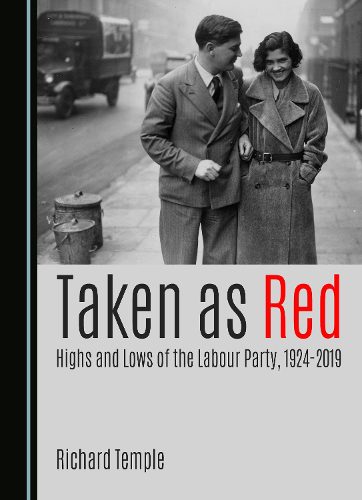
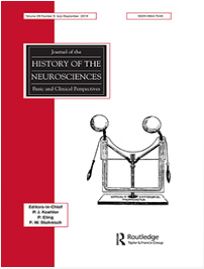
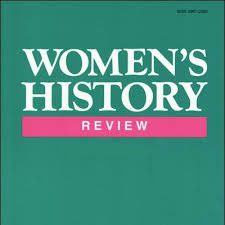

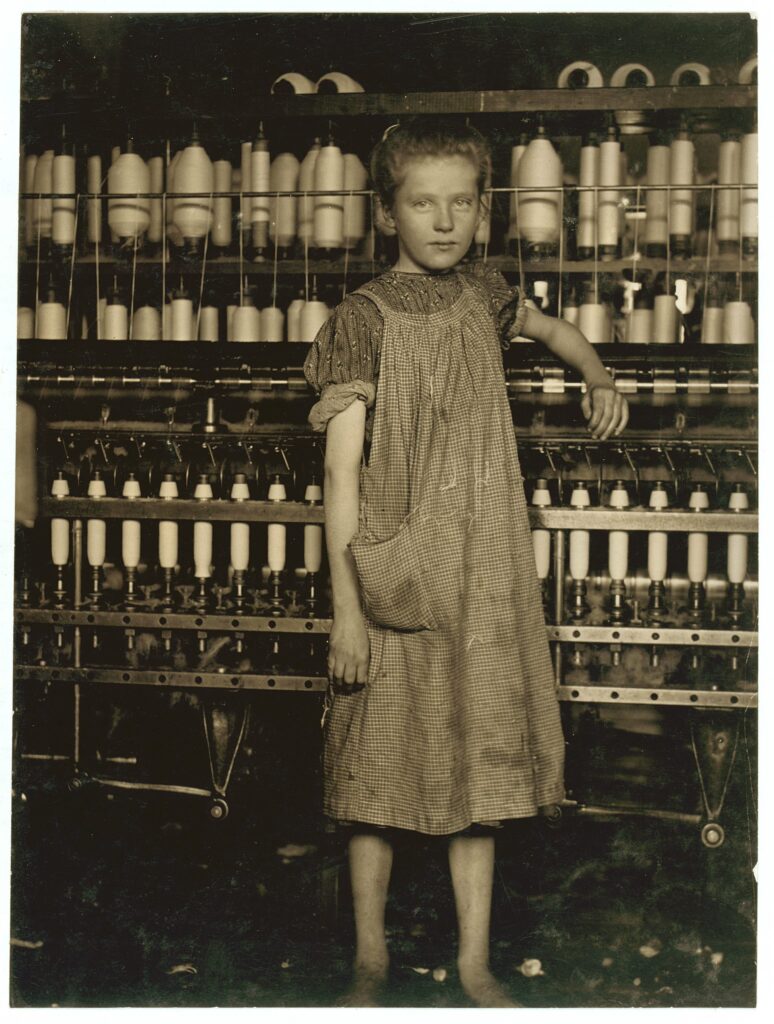
Lewis Hine’s photograph of Addie Card, taken in August 1910, has become an iconic image of child labor. Hine learned that Addie started working at the North Pownal, Vermont, cotton mill when she was 8 and left school at the age of 12 to work there full-time.

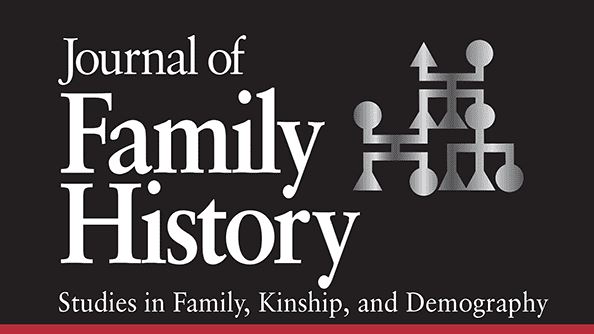


History of Psychiatry, Ahead of Print.
James Lucett, a London clerk, claimed possession of a secret remedy for curing chronic insanity. In 1813, he and the Irish surgeon Charles Delahoyde secured royal and aristocratic patronage to implement their ‘process’ and opened a private asylum. They aroused great public interest after apparently remarkable results with hitherto intractable patients from Bethlem and Hoxton. Delahoyde and Lucett attained brief celebrity, but within a year it was evident that the dramatic recoveries were only temporary. Their venture collapsed in disarray and bankruptcy, and the episode was soon largely forgotten. Delahoyde fled to Ireland, but Lucett managed to re-establish himself in practice. This article narrates the origins, operation and failure of the enterprise. A second article will consider Lucett’s subsequent career.
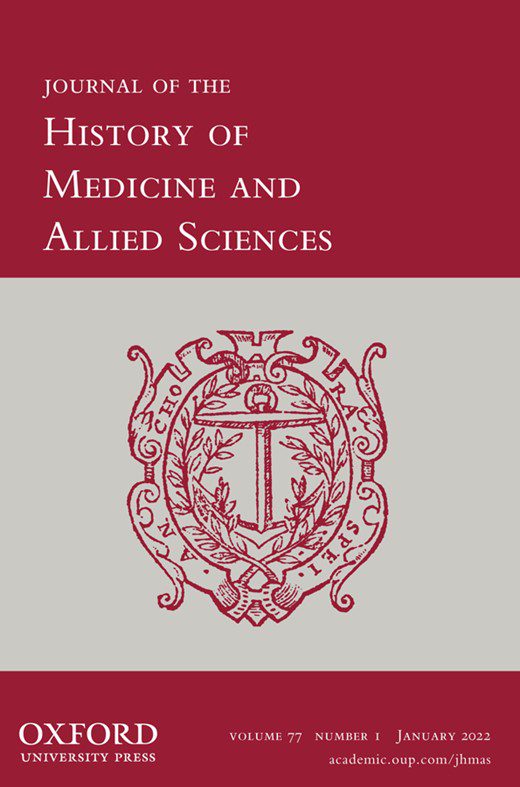
The emergence of the neurosurgical patient as a novel clinical entity in the Netherlands was marked by a lingering conflict between neurologists and neurosurgeons, in which both types of specialists sought to assume the clinical and institutional leadership of neurosurgical patient care. In the 1920s and 1930s, neurologists had facilitated the establishment of the first generation of neurosurgeons in the country, and in the process, had managed to clinically and institutionally subordinate neurosurgery to neurology. As the demand for neurosurgical patient care grew, the neurosurgeons began to challenge this hegemonic relationship. The neurologists, however, were unwilling to give up their control, fearing that they would be bypassed in the diagnosis of patients eligible to neurosurgery. These conflicting aims and interests resulted in an intricate demarcation battle, in which the boundary work between neurologists and neurosurgeons was directly played out at the local workplace and at the meetings of the Study Club for Neuro-Surgery, and indirectly at various other sites of contestation, such as medical journals and academic lecture halls, as both parties sought to rally external stakeholders to their cause. During these negotiations, local, national, and international forces increasingly intertwined to shape the particular organization of Dutch neurosurgery in the middle of the twentieth century. By analyzing this multilayered demarcation process, this article draws attention to the complexity of medical boundary work, and to the way in which, despite pervasive international influences, specialist practice was ultimately negotiated at the local and national levels.

History of Psychiatry, Ahead of Print.
As a deeply hybrid discipline, psychiatry demands research that tackles the concepts constituting it and its objects. This is an essential prerequisite to empirical studies, the validity of which are directly dependent on a clear understanding of the underlying concepts. Empathy and sympathy are concepts used variably and inconsistently in clinical practice and research, with ensuing uncertainties around their role and meaning. Using a historical epistemology approach, this paper compares these concepts by examining the structures, intersections, stabilities and factors that shape them. It shows that neither concept is invariant, and, despite overlap, the concepts are essentially different, underpinned by different assumptions, holding different functions and capturing different phenomena. In turn, such differences require apposite approaches to their empirical study.





